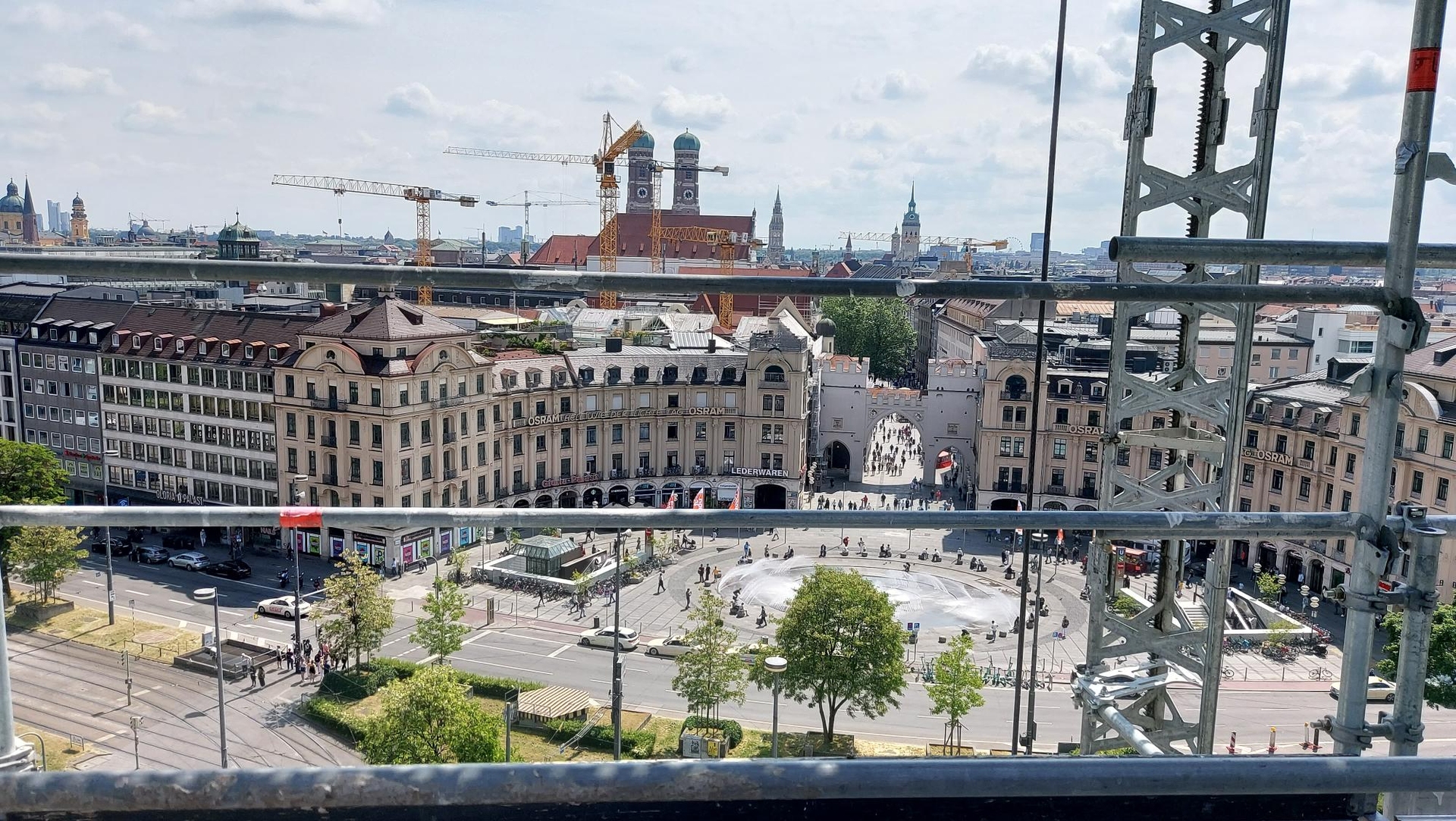
News & Stories
On one hand, there are growing inflation rates and an absence of core investments. On the other hand, there is an increasing appeal of secondary destinations and resorts, both supporting the skyrocketing recovery of national tourism. The Italian hospitality real estate market looks like a very difficult jigsaw puzzle to solve, even for experts.
The journey into 2023 will continue in difficult waters. Predications that the downward trend could reverse from the middle of the year have since been dismissed by real estate experts. Interest rate hikes and persistent inflation are also a stranglehold for hotels, though as an asset class there are opportunities. We take a look at the state of things before the summer break.
Elon Musk is still the richest person in the world and Frenchwoman Francoise Bettencourt Meyers tops the list of female billionaires. Some also own hotels. Equally interesting is a list of the highest paid hotel CEOs.
Financing bottlenecks, difficult pricing, continuing volatility: The transaction volume on the German hotel real estate market is stuck in the crisis despite good operating sales. Slight movement can be seen in the holiday hotel industry. The brokerage and consulting companies draw a sobering balance for the first half of 2023, but do not give up.
The market volume of investment-relevant hotels in Germany has reached pre-crisis levels. This is primarily due to the considerable turnover increases of the operators, the so-called performance effect. Resort hotels are increasingly becoming investment-relevant. However, transactions are still a long time coming.
In the first half of 2023, significantly more companies filed for insolvency in Germany than in the same period last year. Manufacturing, trade and the service sector continue to be particularly affected. In the meantime, however, insolvencies are also increasing slightly in the construction industry.
While there’s a whiff of recession in the air, the question mark around debt and interest rates is the major issue facing the hotel transaction market currently. Among all asset classes, hotels are still sought after, yet many will restructure their financings from 2023 onwards. Distressed assets are very likely to emerge in the coming months. Interest rates have not yet peaked in Europe. Funds and private equity are just waiting for the best time to enter debt financing.
Zurich. A higher equity ratio, slower repayment and more critical checks by banks - they are not making it easy for many hoteliers and restaurateurs to get money at the moment. A Swiss start-up wants to prove that it can be done differently.
Wiesbaden. The German Aareal Bank has been sold. As the takeover company has announced, all offer conditions have now been met. Hotel financing remains current. The new owners also bring a lot of hotel experience with them.
Wiesbaden. Hotel groups and operators such as NH, MHP or Orascom consistently report increased demand and decreasing losses for Q1 or the whole year 2022. In Germany, however, 36,000 hospitality businesses have given up in the past year.








